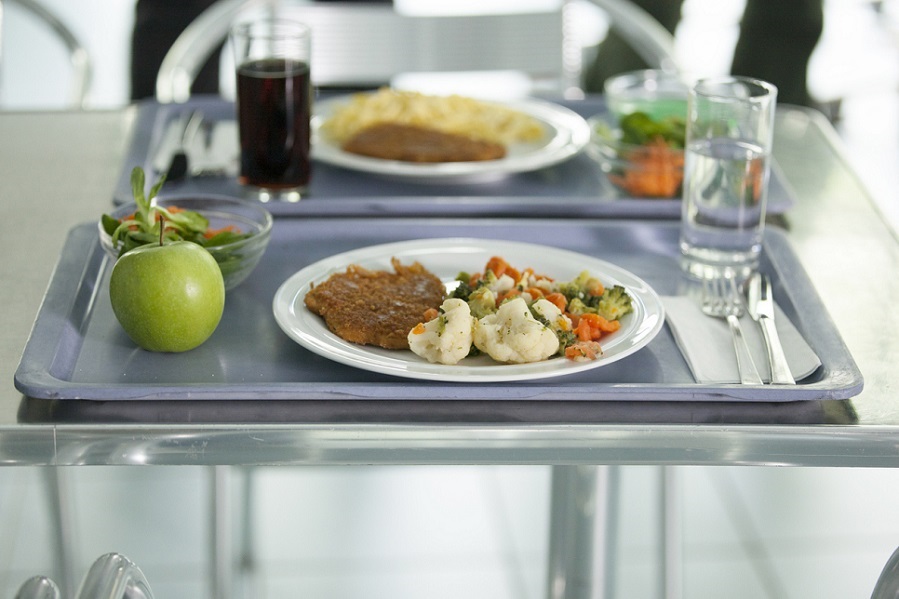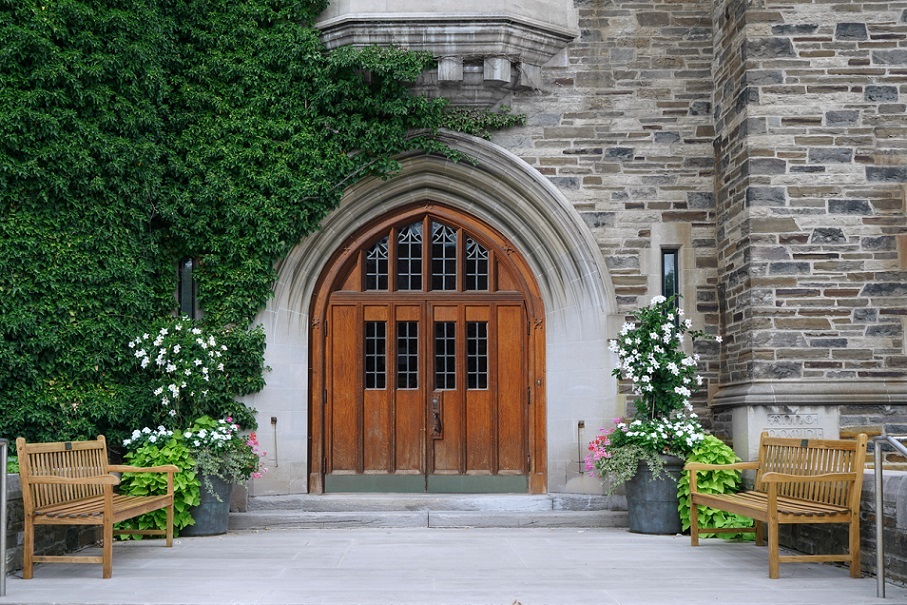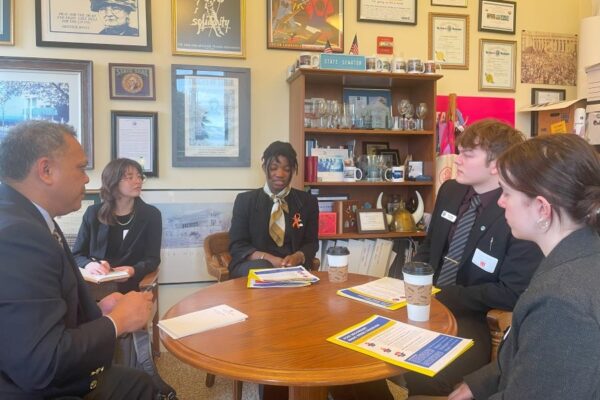United Way Helps College Students As Year Nears End
A key component of United Way of King County’s current food security campaign includes on-campus and virtual events to connect more community college students to reliable food resources. Amidst current economic hardship, we know many college students struggle with hunger. During last week’s final exams, 200 local community college students signed up for hot meals in just two days.
College food access efforts are typically limited to food pantries, but food pantries cannot meet the increased need. Our work across multiple teams aims to streamline our many food and financial resources so that we can meet students needs, no matter their circumstance.
Students who access Basic Food via campus supports are more likely to graduate, and enrolling in food assistance is associated with a significant boost in retention rates. COVID-19 led to national, temporary federal waivers that expanded Basic Food eligibility for many college students, meaning thousands of students have been eligible for months and are missing out on hundreds of dollars in grocery money.
Low enrollment in Basic Food is not unique to Washington, as nationwide almost 2 million at-risk students eligible for food assistance did not report receiving benefits. Because eligibility can be difficult to understand, we’ve enlisted our on-campus Benefits Hubs to help students access this benefit. We also run digital ads, post posters on campus, share resources with campus staff, and send thousands of emails and texts to get the work out about Basic Food.
Some students may not qualify for Basic Food, so our coaches and campus staff share other food resources that we support, including free, weekly grocery delivery for King County community college students. In partnership with DoorDash and 27 food providers, our team coordinates weekly grocery delivery to almost 1,000 students in the county. About 300 of these students signed up in the just the past two months.
It is hard to balance work, family, personal care, and studying during finals week. This December we’ve partnered with the chefs at Spice Bridge, a local food business incubator program that helps South King County women of color and immigrants start and grow thriving businesses that deliver warm meals to students and their families. Once students sign up, their local Benefits Hub coach will reach out to make sure they know about all the other assistance available to them. In just a few days, 244 students requested 2,562 servings of hot meals. For students outside of that 15-mile range, we’ve disbursed over $5,000 in food gift cards.

Increasing the use of federal nutrition programs like Basic Food and leveraging partnerships with campuses, DoorDash, and local chefs are part of our plan to streamline and simplify student access to food resources, but we can’t do this alone.
We need community members, professors, teachers, coaches, counselors, business owners, health care professionals, politicians, social workers and students to know about these programs and to talk about them. Will you help us share the word? The more we discuss the necessity of entitlement programs like Basic Food, the less stigma students will feel.
College campuses can help students by mentioning Basic Food during financial aid seminars and sharing Basic Food information with their work study eligible students
What are we missing? Are you a student who has ideas on how we can better help students access food in dignified and empowering ways? We want to hear from you! For all college hunger program ideas and suggestions contact Nelly Evans at eevans@uwkc.org.





Comments